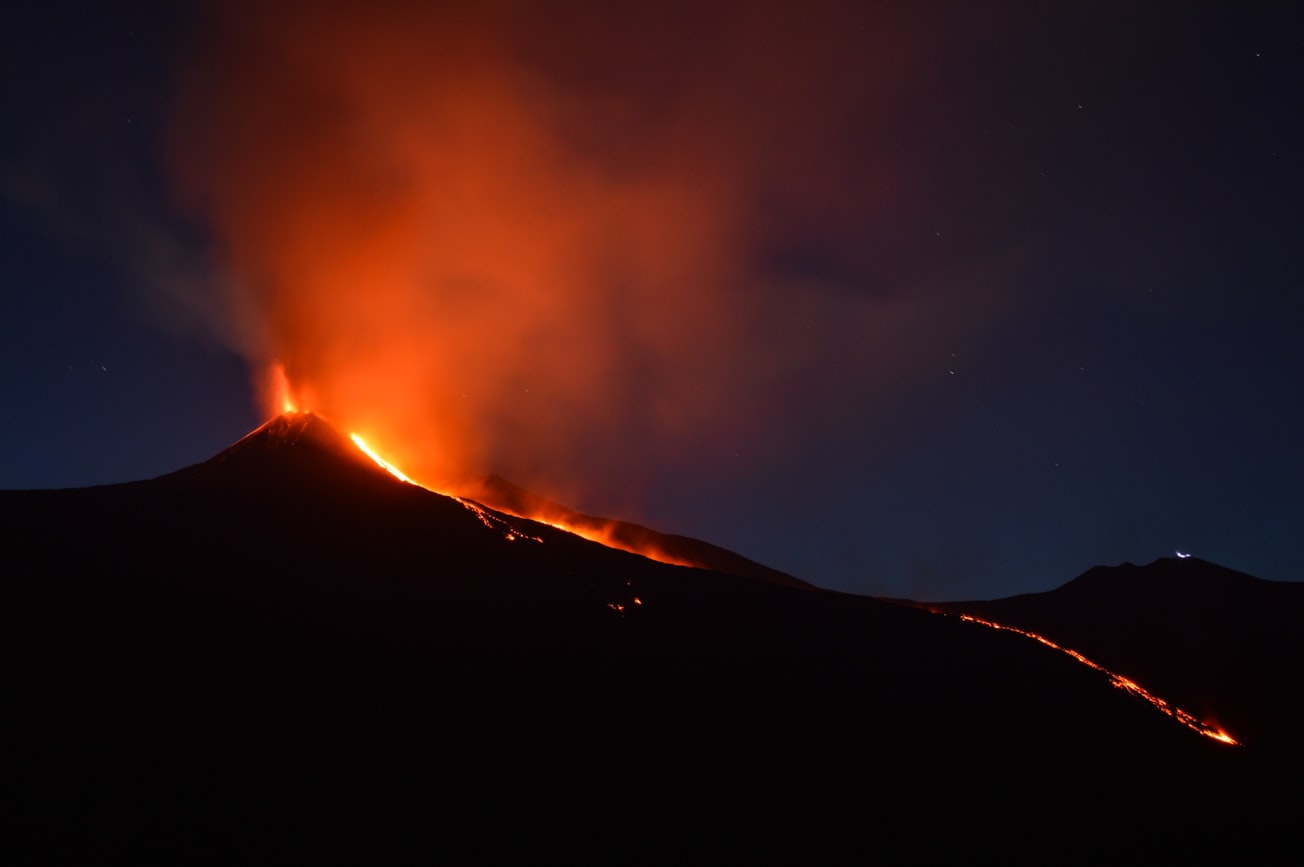What is it about?
Mars crust was long thought to have a basaltic composition, similar to that of lava flows in Hawaii. This study demonstrates that one of the most ancient regions of Mars presents a more complex crust, with compositions similar to the diversity of volcanic rocks found in Iceland (i.e., basaltic and more silica-rich i.e., more evolved). This has implications regarding the formation and evolution of Mars, shedding new lights into the formation of the ancient Earth crust.
Featured Image

Photo by Shawn Appel on Unsplash
Why is it important?
Our findings suggest that the formation of Mars early crust is complex, and some magmatic processes might have been somewhat similar to terrestrial processes. Because the Earth has plate tectonics, its most ancient crust and terrains were erased, leaving scientists with scarce clues of what Earth looked like 4.0 billion years ago. Mars does not present plate tectonics, and >4.0 billion years old terrains are still accessible in the Southern hemisphere. Constraining the composition and formation of Mars' earliest crust is thus essential to provide crucial insights into the formation of our own planet's earliest crust, and our study suggests several formation mechanisms of such a complex crust on Mars.
Perspectives
I have more of a petrology background (study of the origin of igneous rocks), so writing this article was extremely fun to me as I had the chance to finally be able to use orbital observations of Mars' surface to emphasize the complexity and diversity of its crust. I removed all the barriers in my head to propose several formation mechanisms explaining the presence of an evolved crust on Mars that are different from the scenarios currently used to explain the formation of a homogeneous basaltic crust. I particularly enjoyed combining the discovery of evolved meteorites coming from protoplanets (achondrites), models, and analogs on Earth to expand our understanding on the differentiation of Mars, and by extension of Earth.
Valerie Payre
University of Iowa
Read the Original
This page is a summary of: An Evolved Early Crust Exposed on Mars Revealed Through Spectroscopy, Geophysical Research Letters, November 2022, American Geophysical Union (AGU),
DOI: 10.1029/2022gl099639.
You can read the full text:
Resources
The origins of Mars' crust might be surprisingly complex
A better understanding of the Martian crust may aid researchers in determining the origins of Earth's top layer.
New study finds Martian crust more complex, evolved than previously thought
Researchers have found the early crust on Mars is more complex in origin than previously thought. The researchers located nine locations in Mars' southern hemisphere that were rich in a mineral called feldspar. Feldspar is associated with a terrain that has more than a simply volcanic origin. The finding may mean Mars's formation may be similar to Earth's planetary beginnings.
Contributors
The following have contributed to this page







